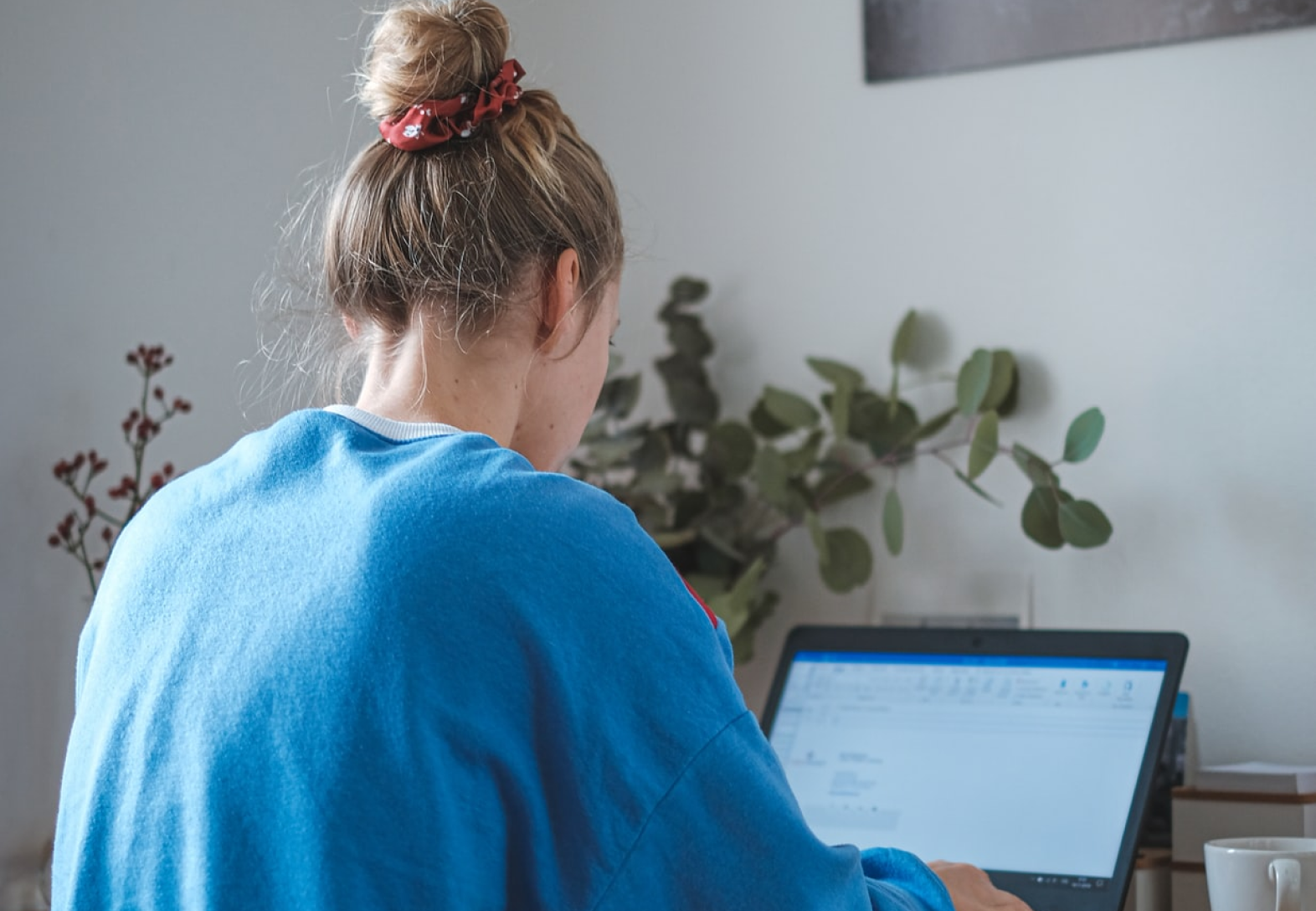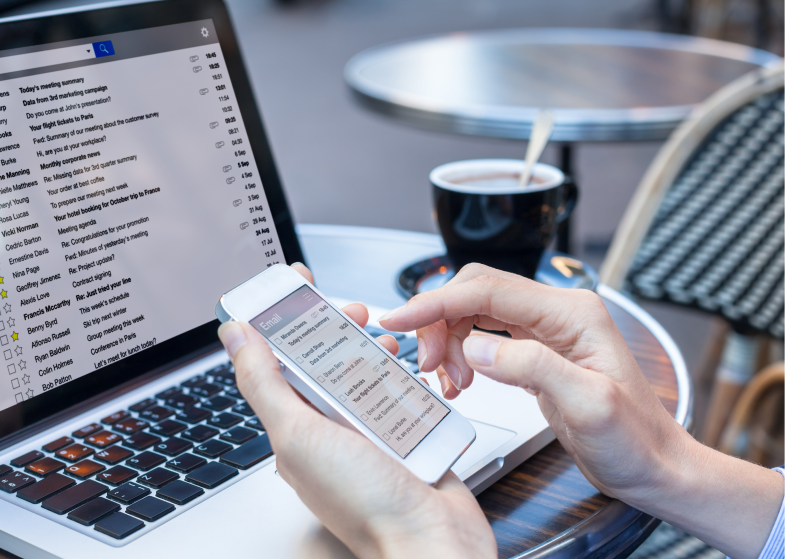You’re in the thick of doing a work project when your phone beeps with a text. You think it’ll take five seconds to respond — and what’s five seconds?
But then the other person responds, and you find yourself writing them back again… but you really need to get back to work. You do… and then you get an email notification. It could be your boss. You’d better check. Soon, an hour has passed…
Ah, the plight of digital distractions.
In fact, 66 percent of Americans check their phones 160 times per day, according to a survey conducted in early 2020, with further research showing a dramatic increase in digital communication due to the pandemic.
“It is important to understand our relationship with our digital distractions,” Carrie Suwal, Insight Timer meditation teacher and energy therapist, tells us. “Having a video chat with a family member brings us a sense of connection and love. But spending an hour a day scrolling people’s social media feeds doesn’t bring about that same sense of connection.”
However, there are ways to mindfully manage our digital distractions.
1. Put Your Phone on “Airplane” or “Do Not Disturb” Mode
Set boundaries around checking work notifications — such as for 5-10 minutes every hour — and let your colleagues know. Meanwhile, you can keep your phone on “Do Not Disturb” or “airplane” mode.
In his course, “How to Beat Digital Distraction,” Insight Timer teacher Pete Dunlap has a lesson on how we can be more present when our phones are put aside.
2. Mute Messaging Platform Channels
While you can’t mute certain people on Slack, you can mute entire channels. Then, check them periodically versus nonstop.
3. Use Internet Blockers
Installing internet blockers, like Freedom, Forest and Limit, will help keep you focused on your work instead of looking up the latest bread-making recipe that’s trending on Twitter.
4. Compartmentalize Your Tasks
Stay focused on one project for a set amount of time by compartmentalizing your tasks.
“You will need to start small, say with 30-minute segments, but gradually you can increase that time,” Carl Pullein, a productivity and time management coach, told NBC News BETTER.
In his Insight Timer talk, “Mindfulness At Work With Jason Luk Of Verizon Media,” Luk, too, says single-tasking is more efficient than multitasking.
5. Take a Break — or Several
More breaks equals more output may seem counterintuitive, but research proves this to be true. Not only has research shown that taking breaks helps you stay focused, but they’re also good for your well-being: helping to boost both your mental and physical health.
“Taking small breaks in our day helps to bring our awareness inward and release unnecessary focus and stress,” says Suwal.
Instead of checking messages on your phone, play a meditation like Suwal’s “5-Minute Slow Down” or go for a walk with “MindTravel’s Silent Hike.
“There is a different feeling when you step outside,” says Suwal. “You get to be a human ‘being’ — and be part of your environment — instead of being a human ‘watching’ — watching what’s happening online.”
And research shows that meditation increases grey matter in your brain for long after your session. More grey matter improves memory and control of movement and emotions. “Meditation is the power tool to help drill it into your mind that you only need to be here right now,” says Suwal.
- 5-Minute Slow Down Carrie Suwal 05:00
- MindTravel SilentHike 20 Mind Travel with Murray Hidary 21:00
6. Reward Yourself
After abstaining for a set amount of time, you can reward yourself with 5-10 minutes’ worth of digital distractions — but time yourself and then get back to work.
“When you limit your digital usage, you create more time to do things of greater value,” says Suwal.
And that’s what life’s all about, right?
Read more: How to stop the scroll and Identifying your procrastination habits








